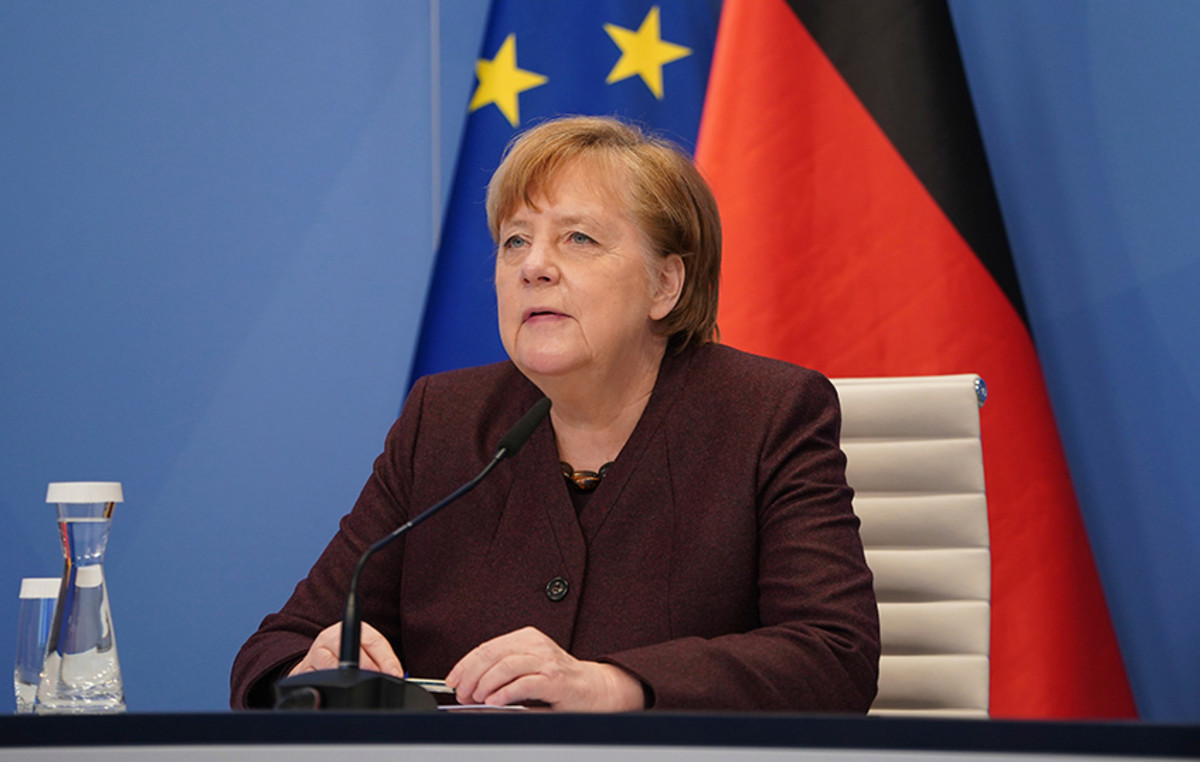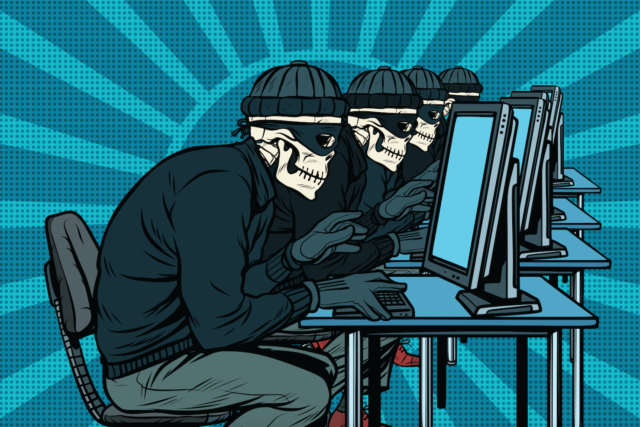The sudden and unexpected appearance of the monkey pox in several non-endemic countries suggests that there may have been undetected transmission for some time, according to World Health Organization (WHO) Director-General Tedros Adhanom. More than 1,000 confirmed cases of the disease have been reported to the WHO in 29 countries that are not considered endemic for the virus. So far, no deaths have been recorded in these countries.
“The risk of monkeypox becoming established in non-endemic countries is real. WHO is particularly concerned about the risks of this virus to vulnerable groups, including children and pregnant women,” Adhanom told reporters on Wednesday.
The WHO warns that the scenario can be avoided, as long as the affected countries make efforts to identify all cases and contacts to control the outbreaks.
With the objective of expanding testing capacity, health professionals from seven Latin American countries participate in the first training for laboratory diagnosis of the monkeypox virus, promoted by the Pan American Health Organization (PAHO), the Ministry of Health and by the Oswaldo Cruz Foundation (Fiocruz).
The initiative takes place this Thursday (9) and Friday (10), at the Enterovirus Laboratory of the Oswaldo Cruz Institute (IOC/Fiocruz), in Rio de Janeiro.
With the participation of technicians from the national health institutes of Bolivia, Ecuador, Colombia, Peru, Paraguay, Uruguay and Venezuela, the training will discuss virus detection and diagnosis procedures in the context of preparation and response to a possible health emergency.
The professionals will participate in practical training to carry out the molecular diagnosis, based on the identification of the genetic material of the virus, through the real-time PCR methodology (standard protocol adopted by the WHO). Participants will also receive the material needed to implement the methodology in their countries.
Increase in cases
The activity aims to prepare countries for the possible introduction of the virus that was first identified in Brazil on Wednesday (8), in the city of São Paulo.
Faced with the increase in cases, PAHO recommends that countries carry out the early identification of suspected cases, ensuring the collection of samples and the implementation of protocols for molecular detection in national reference laboratories. All suspected cases, considering the clinical and epidemiological evaluation, must be tested, according to PAHO.
On Friday, professionals will conduct hands-on laboratory testing activities and discuss the training results.
At the end of the training, countries will be able to carry out detection in their countries and identify viral strains (Central and West Africa) – actions considered fundamental to support the local public health response.
About monkey pox
The disease is caused by a virus that belongs to the orthopoxvirus genus of the Poxviridae family. There are two groups of monkeypox virus: those from West Africa and those from the Congo Basin (Central Africa).
Monkeypox virus is transmitted from person to person through close contact with injuries, body fluids, respiratory droplets and contaminated materials such as bedding. The incubation period is usually 6 to 13 days, but can range from 5 to 21 days.
Several animal species have been identified as susceptible to monkeypox virus, including squirrels, mice, voles, non-human primates and other species. According to the WHO, more studies are needed to identify the exact reservoirs and how the circulation of the virus is maintained in nature. Ingestion of undercooked meat and other animal products from infected animals is a possible risk factor.
Human infections with the West African type of virus appear to cause less severe illness compared to the Congo Basin viral group, with a fatality rate of 3.6% compared to 10.6% for the Congo Basin viral group. .
Transmission by sexual contact
The World Health Organization (WHO) warns that some of these cases are being identified in gay, bisexual and other men who have sex with men. Transgender people may also be more vulnerable in the context of the current outbreak, according to the WHO.
Illness caused by a virus can be spread by skin contact during sex, including kissing, touching, oral sex, and penetration with someone who has symptoms. As protective measures, the WHO recommends avoiding close contact with anyone who has symptoms.
Symptoms of monkeypox include a blistering rash on the face, hands, feet, eyes, mouth or genitals, fever, swollen lymph nodes, headaches and muscle aches, and lack of energy.
Prevention measures include seeking medical attention in the face of symptoms, followed by isolation at home. Skin, face and sexual contact with anyone who has symptoms should be avoided. Hands, objects and surfaces that are regularly touched should be sanitized. The WHO also recommends wearing a mask if you are in close contact with someone with symptoms.
“Based on case reports to date, this outbreak is being transmitted through social networks connected primarily through sexual activity, primarily involving men who have sex with men. Many – but not all – cases report casual or multiple sexual partners, sometimes associated with large events or parties,” said Hans Henri P. Kluge, WHO Regional Director for Europe.
The WHO director highlighted that the virus can affect anyone, regardless of sexual orientation or practice. In a statement the WHO also said “Stigmatizing people because of a disease is never good. Anyone can contract or transmit monkeypox, regardless of their sexuality.”
“We must remember, however, as we have seen in previous outbreaks, that monkeypox is caused by a virus that can infect anyone and is not intrinsically associated with any specific group of people. Gay and bisexual communities have high awareness and quick health seeking behavior when it comes to their sexual health and that of their communities. Indeed, we should applaud them for their early introduction to health services,” she reinforced.
According to Kluge, the rapid and amplified transmission of smallpox from monkeys also occurs in the context of the recent easing of restrictions imposed in order to prevent Covid-19, such as international travel and events.
Source: CNN Brasil







